What is an ONT
It is important to understand the different components of fiber technology if you are considering installing it in your home or office. There are many abbreviations to know, and ONT is one of them.
ONT stands for Optical Network Terminal. It is an outlet to the Internet for fiber technology just like how a cable modem is the outlet for a coaxial cable Internet connection. It is a device that communicates directly with an Internet service provider (ISP) to get a fiber-optic Internet connection in your home or office. However, an ONT is specific to fiber-optic Internet so you cannot use an ONT with an Ethernet over coax or MoCA device like a cable modem, router or cable modem router, for example.
This page focuses on ONT, but there are other fiber technology abbreviations to know. The other abbreviations are:
- PON, which stands for Passive Optical Network. A PON is the “last stop” between you and your ISP. More specifically, the PON is the last part of the communication chain that reaches your home.
- OLT, which stands for Optical Line Terminal. An OLT is the device that serves as your ISPs endpoint of the PON. An OLT provides the interface between a PON and a service provider’s core network. For more, check out our OLT page.
- ONU, which stands for Optical Network Unit. This is a combo device that functions as both an ONT and OLT. That means an ONU acts as both the endpoint of the PON and as the interface for the user. For more, check out our ONU page.
Overall, a PON consists of an OLT at the service provider’s central office and a number of ONUs or ONTs near end users.
How an ONT fits into your home network
An ONT device is necessary for your home network only if you have fiber installed. This is because, with fiber-optic Internet, you cannot use any modem or router. You must have an ONT or OLT and a fiber router.
In your fiber network, the ONT is the modem. The ONT sends infrared light pulses to communicate with your ISP. This is how you get an Internet connection in your home on a fiber-optic network. With the fiber router, you can then get and distribute a Wi-Fi signal to your devices.
This will sound familiar because the process is similar to an Ethernet over coax Wi-Fi network. The difference is the type of cabling you have in your home. Most homes will already have the coax cables you need to use a cable modem or cable modem router. But to use fiber, it requires expensive fiber cable installation and specific fiber-optic devices like an ONT and fiber router.
Before switching to fiber optic technology, it’s likely that you had a modem and router in your home. These devices gave you an Internet connection and Wi-Fi. These devices still work well for most people to get good Wi-Fi in their homes, on a Ethernet-over-coax network for example. But some people have expanded into fiber technology as the future of their home network, which requires a different setup.
Fiber optic services (FiOS) offers ultra speed Internet. The con is that it is expensive and requires specific fiber wiring that doesn’t otherwise exist in your home like coaxial cabling. It also includes updated devices, such as an ONT or ONU and a fiber router. However, the pro that makes the cost worth it for people is that you get fast, reliable and secure Internet.
Is an ONT a modem?
Technically speaking, an Optical Network Terminal (ONT) is not a modem. However, for fiber-optic Internet, an ONT acts similar to a modem because it communicates with an Internet service provider (ISP). There are three different types of modems: telephone (dial-up) modems, DSL modems, and cable modems. An ONT is not one of them.
Simply put:
- A modem (Modulator/Demodulator) converts digital signals to analog and vice versa.
- An optical network terminal (ONT) is like a modem, but for fiber-optic networks.
With an ONT you do not need a separate modem to communicate with your ISP. In fact, it wouldn’t work. Like a modem, the ONT communicates directly with the ISP, but unlike a modem, it communicates through infrared light pulses and fiber-optic wiring to get an Internet connection. With the fiber router connected to your ONT you can get access to Wi-Fi.
Because fiber technology works with light pulses, a standard modem won’t work. A modem is designed to convert an analog radio frequency (RF) signal sent over a cable into a digital signal (represented by 0’s and 1’s) so that any digital device can understand the signal.
Fiber technology works differently by using one fiber-optic cable to send multiple signals at once via light pulses. So, instead of plugging a device straight into a modem for a solid wired connection on your fiber network, you can plug your computer directly into an ONT.
Source: us.hitrontech
Related products...
fiber-optic-cable
fiber-optic-cable
fiber-optic-cable

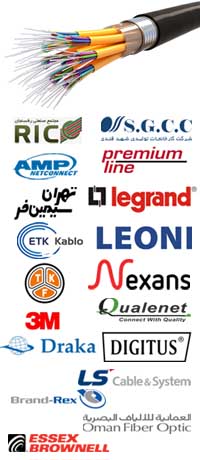
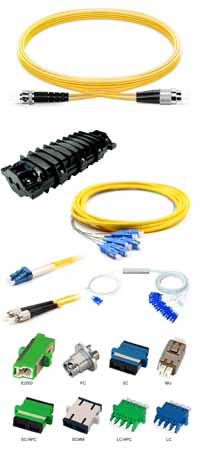
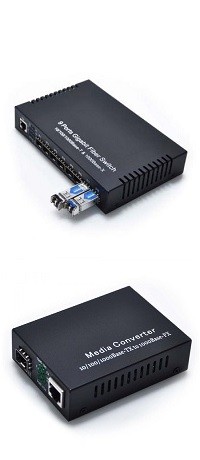
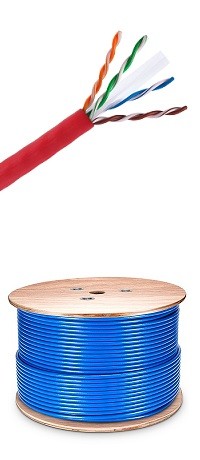
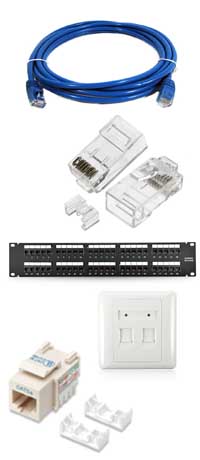
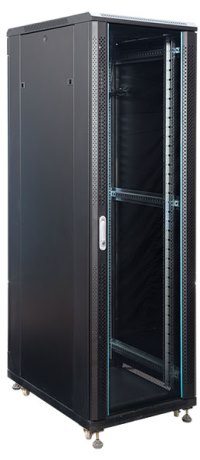
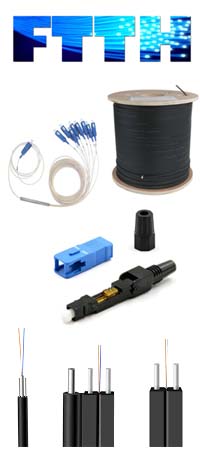

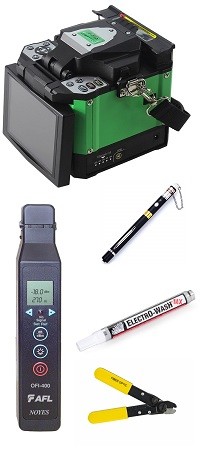
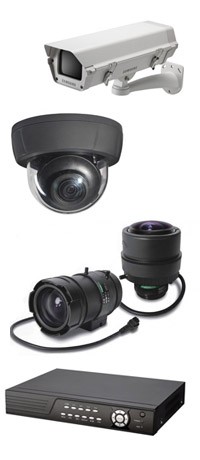
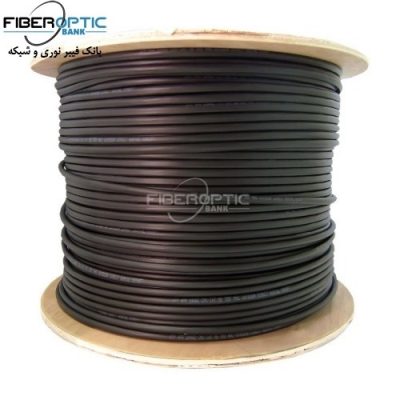

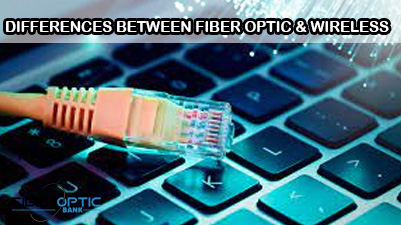
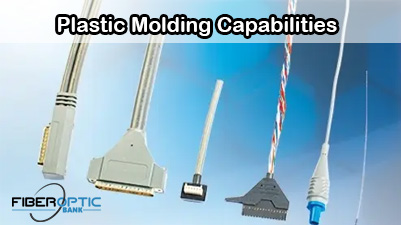
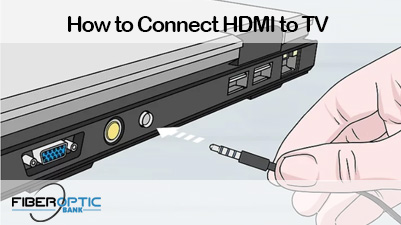
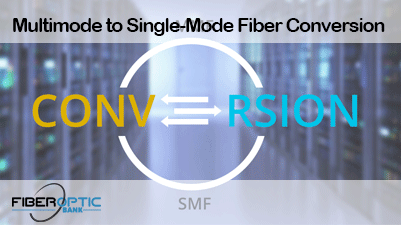
[ratings]